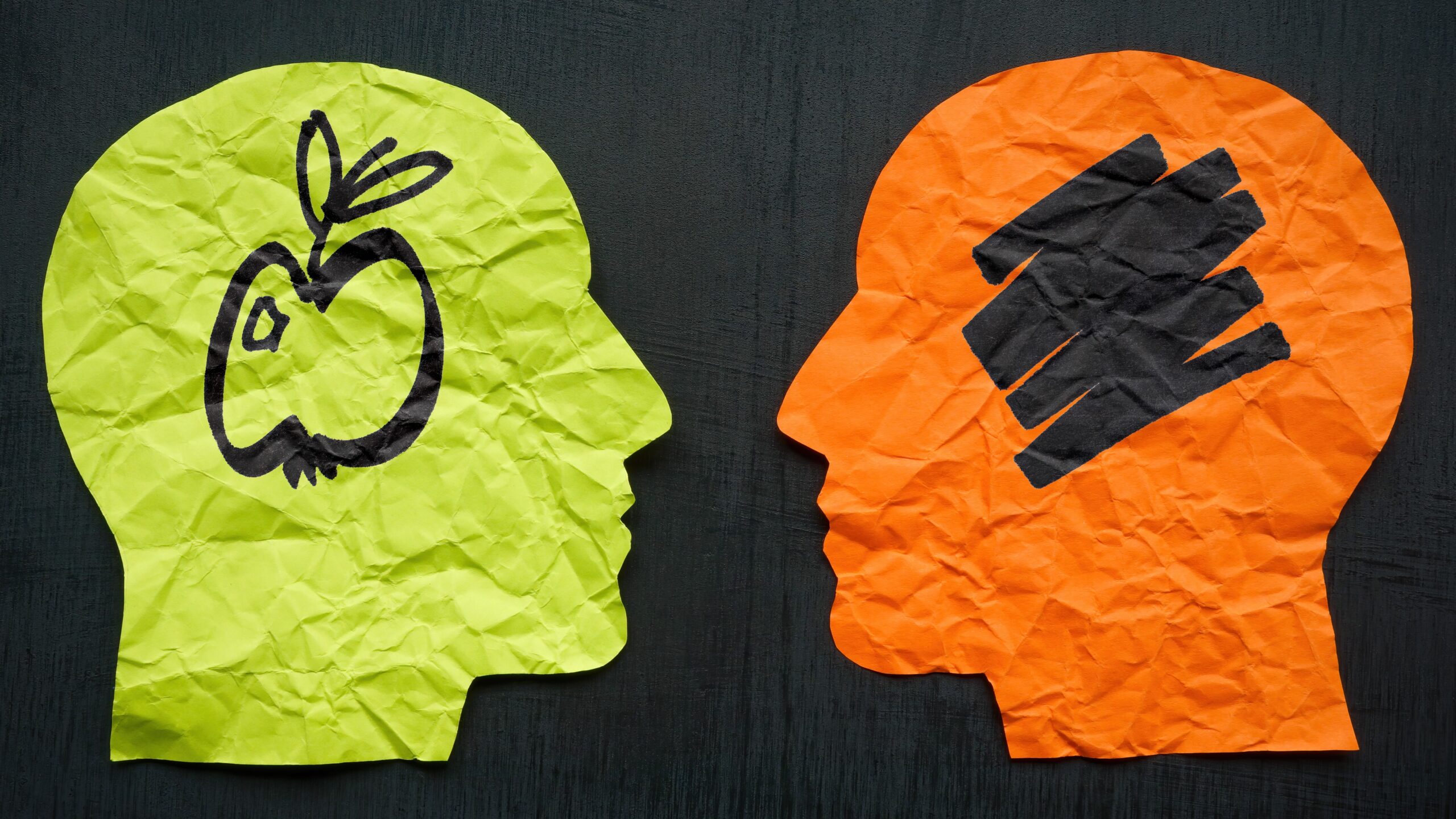Health
Understanding Aphantasia: The Mind’s Eye and Its Limits

The phenomenon of aphantasia, a condition characterized by the inability to visualize mental images, has gained increased attention in recent years. This cognitive characteristic impacts approximately 1% of the population, challenging our understanding of how individuals perceive and recall information. While many people can conjure mental images of their experiences, such as recalling what they had for breakfast, aphantasic individuals experience this process differently, often viewing it as a theoretical concept rather than a vivid recollection.
Researchers like Dr. Dougal Sutherland are shedding light on this condition, which is not classified as a disorder. Rather, aphantasia exists on a spectrum of mental imagery capabilities. Some individuals may develop aphantasia after a head injury or brain damage, while others have never experienced mental imagery and may assume that phrases like “mental pictures” are merely figurative.
Understanding the Spectrum of Mental Imagery
The spectrum of mental imagery extends from aphantasia to hyperphantasia, the latter defined by exceptionally clear and vivid mental images. Individuals with hyperphantasia often find it challenging to distinguish their imagined visions from reality, although they are aware that these images are not actual experiences. Notably, people with aphantasia typically report that they can still dream and visualize images in their dreams, suggesting a complex relationship between different states of consciousness and mental imagery.
Aphantasia has been increasingly recognized since the mid-2000s, following the publication of an article in a reputable neuroscience journal that described the condition. This spurred many individuals to identify with the term, leading to a growing community of those who share this unique cognitive experience. Interestingly, studies indicate that individuals with aphantasia are often over-represented in fields such as mathematics and information technology, where abstract reasoning may be more critical than visual recall.
Implications for Memory and Recognition
Research indicates that those with aphantasia often exhibit poorer autobiographical memory and recognition of faces, which may overlap with conditions such as prosopagnosia, characterized by an inability to recognize faces. Moreover, there is a notable prevalence of aphantasia among individuals with autism, highlighting potential connections between cognitive processing styles and neurological conditions.
In contrast, those with hyperphantasia tend to have enhanced autobiographical memory and are often found in creative professions, such as art and design. These differences underline the diverse ways individuals experience and process visual information, suggesting that mental imagery plays a significant role in personal and professional capacities.
While there are hints that brain wiring may differ across the spectrum of mental imagery, conclusive evidence remains elusive. Some researchers propose that most children possess strong mental imagery abilities, which may diminish as they age due to a “pruning” process in the brain, where connections deemed unnecessary are eliminated.
As the conversation around aphantasia expands, it encourages a broader understanding of cognitive diversity and the various ways individuals engage with their memories and perceptions. This growing awareness not only enhances scientific discourse but also provides valuable insights into the lived experiences of those who navigate life without the ability to visualize mental images.
-

 World3 months ago
World3 months agoTest Your Knowledge: Take the Herald’s Afternoon Quiz Today
-

 Sports3 months ago
Sports3 months agoPM Faces Backlash from Fans During Netball Trophy Ceremony
-

 Lifestyle3 months ago
Lifestyle3 months agoDunedin Designers Win Top Award at Hokonui Fashion Event
-

 Sports3 months ago
Sports3 months agoLiam Lawson Launches New Era for Racing Bulls with Strong Start
-

 Lifestyle3 months ago
Lifestyle3 months agoDisney Fan Reveals Dress Code Tips for Park Visitors
-

 World4 months ago
World4 months agoCoalition Forms to Preserve Māori Wards in Hawke’s Bay
-

 Health3 months ago
Health3 months agoWalking Faster Offers Major Health Benefits for Older Adults
-

 Politics3 months ago
Politics3 months agoScots Rally with Humor and Music to Protest Trump’s Visit
-

 Top Stories4 months ago
Top Stories4 months agoUK and India Finalize Trade Deal to Boost Economic Ties
-

 Entertainment3 months ago
Entertainment3 months agoExperience the Excitement of ‘Chief of War’ in Oʻahu
-

 World4 months ago
World4 months agoHuntly Begins Water Pipe Flushing to Resolve Brown Water Issue
-

 Science4 months ago
Science4 months agoNew Interactive Map Reveals Wairarapa Valley’s Geological Secrets









